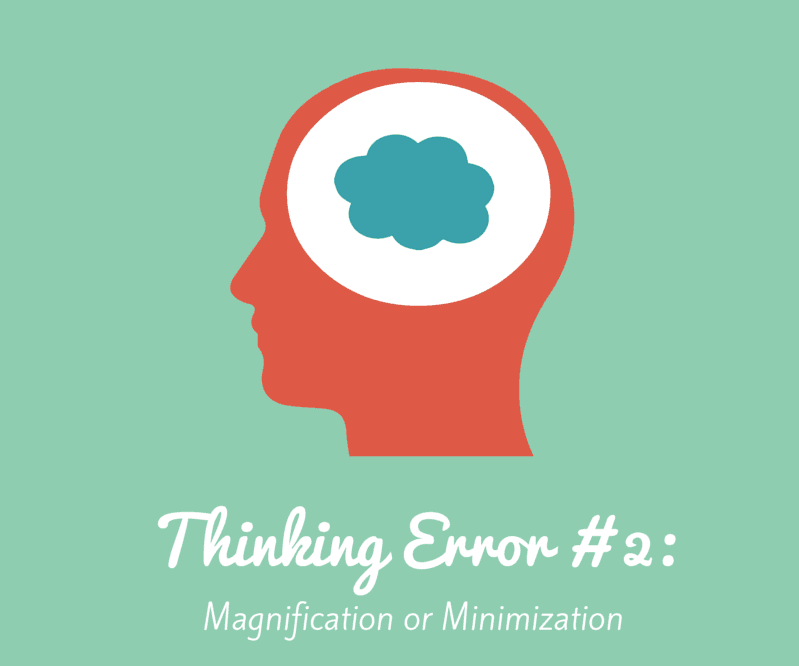Jumping Into Conclusions
It is a form of cognitive distortion which generally gravitates towards the negative. This happens without any justifiable cause or reason and is not based on any fact.
It is like owning a crystal ball that only predicts misery.
272
1.4K reads
CURATED FROM
IDEAS CURATED BY
The idea is part of this collection:
Learn more about personaldevelopment with this collection
Techniques for brainstorming and generating new ideas
The power of collaboration and feedback in the creative process
How to recognize and overcome limiting beliefs
Related collections
Similar ideas to Jumping Into Conclusions
Jumping into Conclusions: Examples
- Inference-observation confusion: An assumption made that may or may not be correct. Example: Concluding that a guy is rich, based on the car he drives.
- Fortune-Telling: Assumption of knowing exactly what will happen in the future.
- Mind Reading:...
Magnification and minimization
Similar to mental filtering and disqualifying the positive, this cognitive distortion involves placing a stronger emphasis on negative events and downplaying the positive ones.
The customer service representative who only notices the complaints of customers and fails to no...
Mind Reading
It happens when we assume we understand what other people are thinking without any real evidence.
It is a failure of imagination because we often only imagine and focus on the negative aspects.
Read & Learn
20x Faster
without
deepstash
with
deepstash
with
deepstash
Personalized microlearning
—
100+ Learning Journeys
—
Access to 200,000+ ideas
—
Access to the mobile app
—
Unlimited idea saving
—
—
Unlimited history
—
—
Unlimited listening to ideas
—
—
Downloading & offline access
—
—
Supercharge your mind with one idea per day
Enter your email and spend 1 minute every day to learn something new.
I agree to receive email updates


